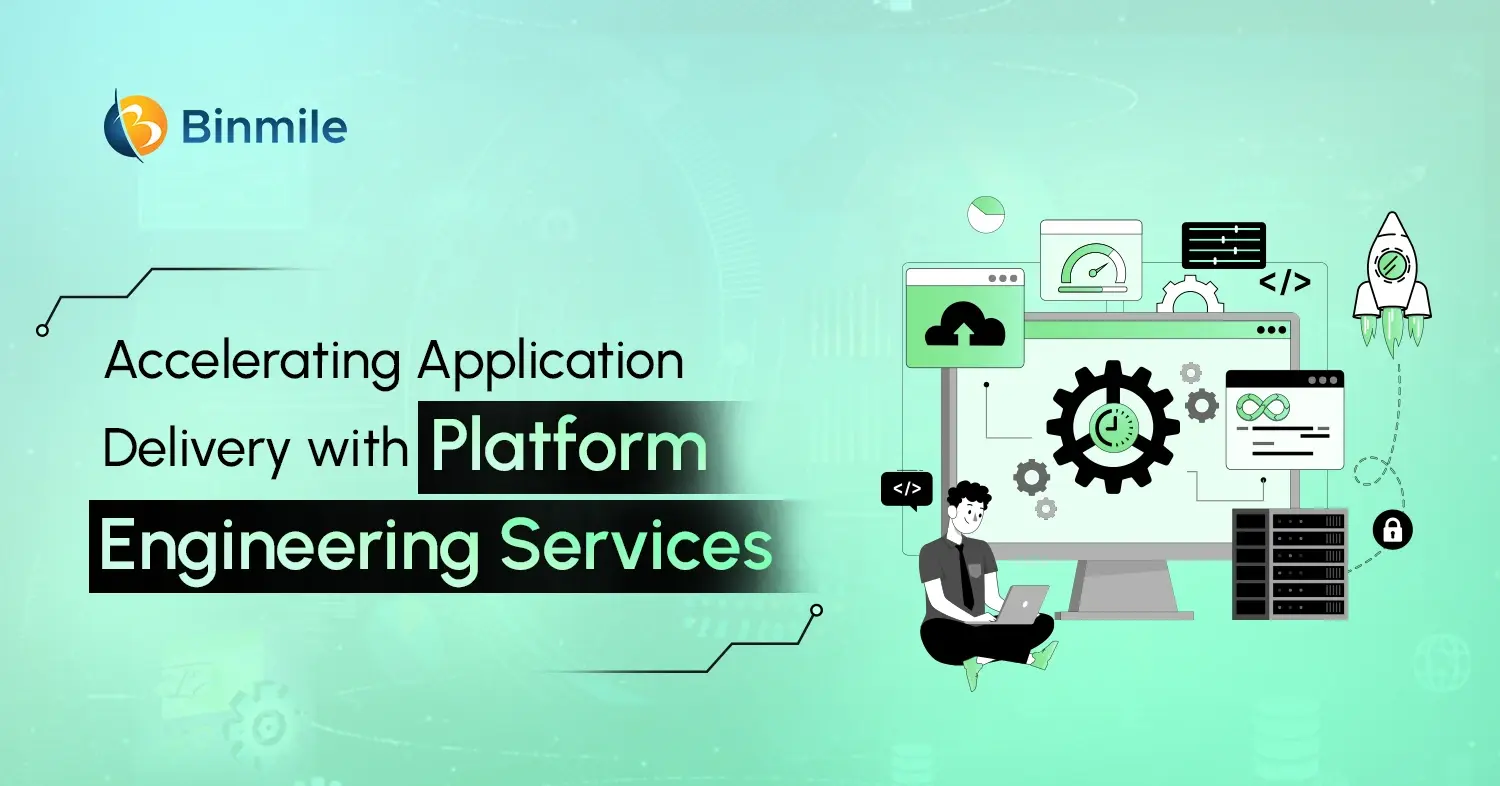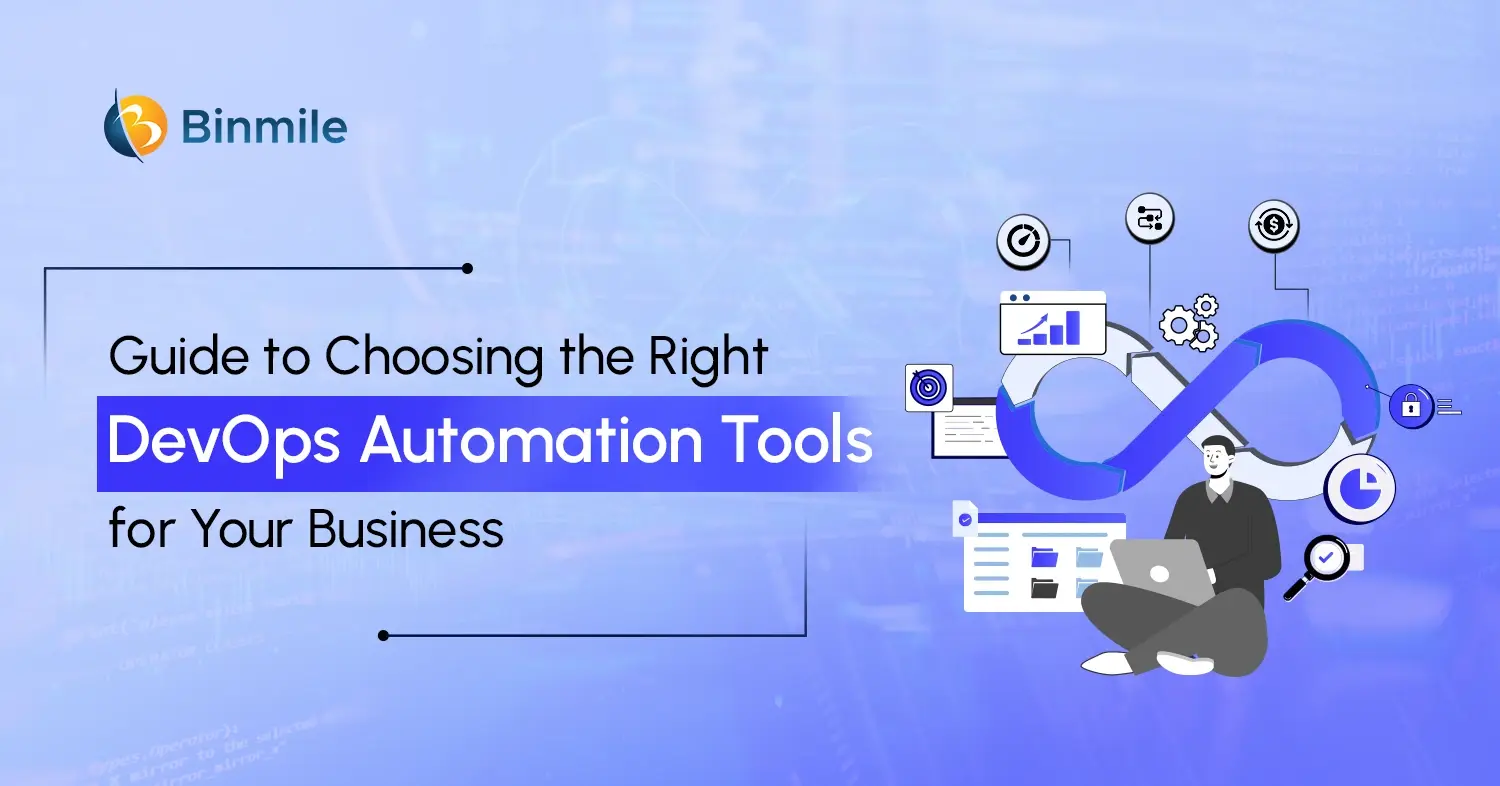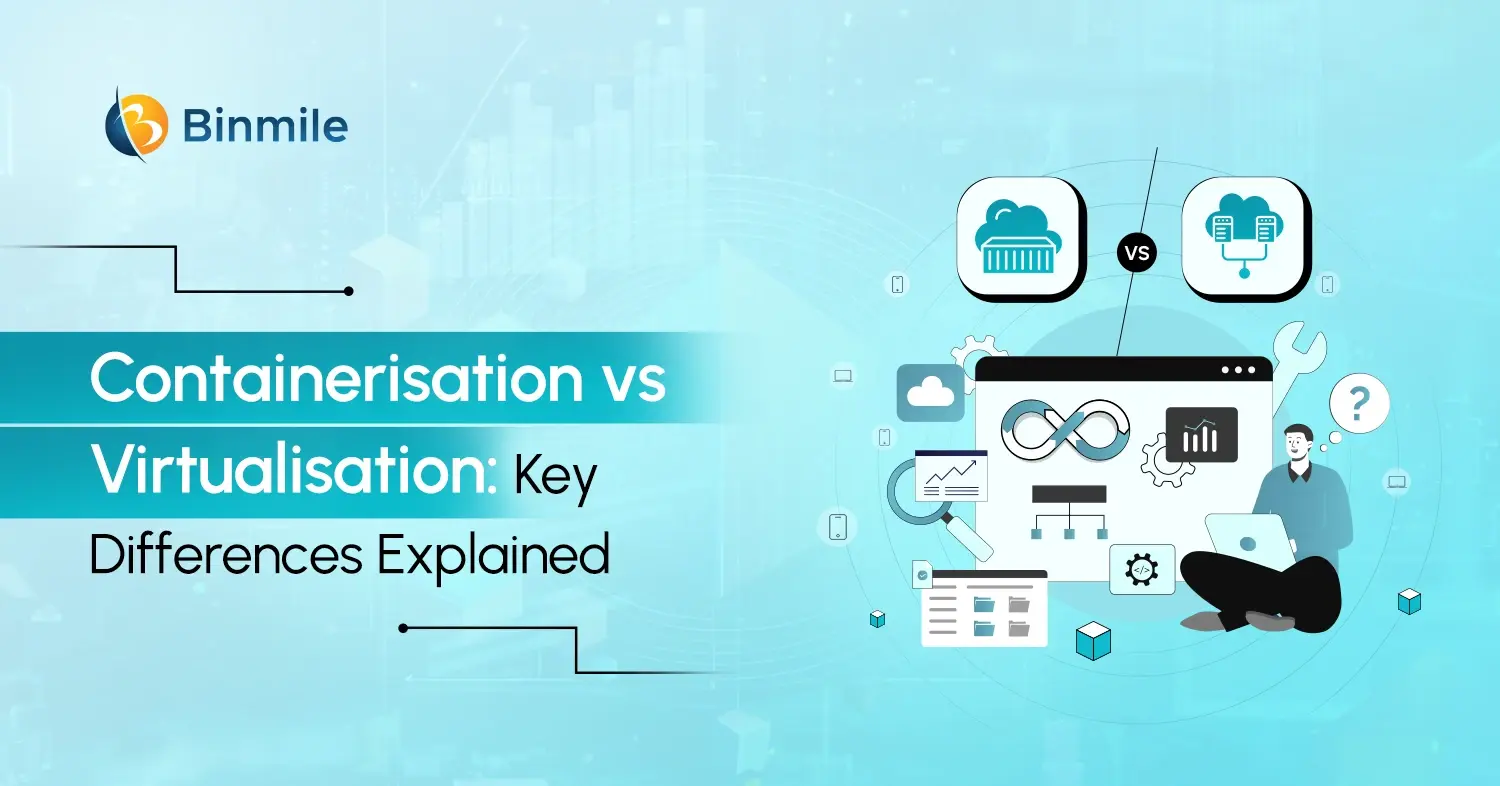DevOps, which combines Software Development (Dev) and IT Operations (Ops), is a widely popularized buzzword that organizations rush to adopt to achieve better stability in rapidly deploying cutting-edge and high-performing apps. The soaring popularity of DevOps accounts for why businesses need to structure and deploy a DevOps team to streamline diversified processes, such as –
- Development
- IT operation
- Quality engineering
- Security enhancement
Additionally, the application of a meticulous DevOps approach ensures the absence of communication breakdowns and fosters cohesion among team members.
Explaining DevOps
In DevOps, both software development (Dev) and IT operations (Ops) are not siloed. Meaning, both teams are grouped together or integrated into a single group aiming to reduce the software development lifecycle (SDLC) and maintain continuous delivery of quality software products in short cycles (also known as Continuous Delivery or CD). The DevOps approach maintains the cohesion of both Development and IT Operations using the best tools and operation methodologies to transpire innovations in software development processes.
Moreover, it helps organizations experience cultural transformations in the way their custom software development teams collaborate at the time of development and delivery processes. DevOps models constitute an assortment of cultural philosophies, practices, and tools to help organizations serve their customers better and stay competitive in the market. Note that DevOps is not a process or a technology or a standard. It is mostly believed to be a “culture” focusing on the rapid delivery of IT services by adopting agile, lean practices, and maintaining collaborations between operations and development teams.
DevOps Best Practices to Follow
- Assess your business needs to figure out if it really requires a DevOps model
- If you are about to handle a big DevOps project, break it up into small steps
- Keep customer satisfaction as a focused goal of your DevOps project
- Implement an agile project management tactic to speed up the delivery of high-quality projects
- Observe the performance metrics of your implemented DevOps approach, like the extent of the issue, lead time, and Mean Time To Detect Or Discover (MTTD)
- Automate DevOps processes for effective collaborations between developers and software engineers
- Implement Microservices architecture to break down large, complex projects into smaller ones, as well as support continuous integration and steady deployment
Though implementing the DevOps model may not bring about a revolutionary change overnight, the model, however, affords a certain degree of IT culture shift, emphasizing collaboration and interpersonal skills. To ensure implementing DevOps justifies your return on investment, it is important to stay updated with new information, technology, and how to work with the DevOps model.
So, here are three major steps your DevOps team should consider to plan and execute a successful DevOps project
1. Understand the Project’s Goal and Essential Team Collaboration
One of the most important things required to build a DevOps project successfully is to understand whether there is effective collaboration between the Development and Operations teams and if they are aligned with the project’s goal and vision.
It is necessary, given that mutual understanding across the team saves the project from falling apart. Team collaboration can be built through meetings and continuous interactions in which each participant will be made aware of the project’s goals, projecting visualizations of the final product.
2. Understand the Client’s Requirements Concerning the Project
In the aftermath of successful team collaboration, there comes another step involving understanding a client’s goals concerning the project’s objectives and planning for appropriate project staffing to meet those goals. This is also a very important step, given it lays a solid groundwork for the right direction toward how to accomplish the task (i.e., building the project) commensurate with the client’s requirements.
Why is it essential?
Understanding a client’s needs is one of the key preliminary software development stages that, if not followed, would possibly mean the failure of the venture. It is for this reason that your team needs to come up with a vivid idea simulating the client’s goals. The DevOps consulting team and the client should come together through a series of meetings to form a mutual understanding of how the final product should look and what the client wants to see delivered. If done properly, no doubt the DevOps team will execute phase-wise development of the project with a crystal-clear understanding of the client’s requirements.
Caution:
Ensure that the project development steps are not rushed, as it may cause certain repercussions like your engineers may not be able to put their best efforts into the project by a lack of direction and so would end up finishing a project below the client’s expectations.
3. Initiating Development Phase
Once the goal is finalized and the client’s requirements (regarding the project) are mutually understood, there now starts phase three which is initiating the development of the project (app). This phase involves a Cloud-based app solution in which the team starts to work on various components, design the environment’s aesthetic and figure out innovative ways to configure the components for automated efficiency.
As long as the software development process is underway, ensure that the final version of the product doesn’t feature even a vestigial trace of a loophole or security laxity. For the app to be as secure as possible, deploy a skilled DevOps team, or at least include a cybersecurity expert in your team to ensure safety measures in the app are adequately implemented. As a recommendation, you can consider hiring a product development services company with a robust workforce ecosystem comprising skilled IT professionals in DevOps and in other technical fields.
A successful development phase is symbolic of how clearly its workflows are structured showcasing the project’s roadmap, along with team members’ mutual understanding of their key responsibilities to carry out the plan. DevOps project development is an arduous and time-taking process, from ideation to finalization. They are often mired by contributory factors, like missed deadlines, conflicting duties, bugs, and pulling engineers away from the development task. It is for this reason that you need an agile and multi-skilled team to ensure that the development phase continues even when workflows are derailed.
4. Ensure the Project is on the Right Track
DevOps team must be confident that the project is heading in the right direction and that the team is fully prepared to move on to the next procedural steps. The tech competency of a well-designed app is reflected when the DevOps team collaborates with specialists from different tech backgrounds willing to contribute their best to expedite the smooth transition between the stages of a DevOps project.
5. Continuously Test, Monitor, and Improve
Once the project is done and life doesn’t mean that the DevOps team rests on its laurels and starts working on the next one. What comes right after is even more difficult – testing, monitoring, and improving. Ensure continuous testing and monitoring of the app in its early stage so that any bugs or security vulnerabilities can be identified and fixed right there. Deploy software engineers to assess the extent of how the environment is affected and its responsiveness to the rate and number of new users.

Concluding Statement
Adequate preparation, well-defined workflows, and keen monitoring are some of the most important steps to delivering a high-performing DevOps project. If you are seeking ways to plan and execute your DevOps project successfully, our list of five practical steps will help you how to get started and accomplish the task. These steps are necessary for any company looking to bring enhanced efficiency to its core software development projects. If you are hard-pressed by a lack of skilled resources and time to focus on software development phases to create an innovative project for your business efficiency, consider hiring a trusted DevOps consulting companies. They can provide you with the right team to streamline each stage of your DevOps project, ensuring seamless execution and final delivery aligned with your expectations and a deep understanding of your requirements.









